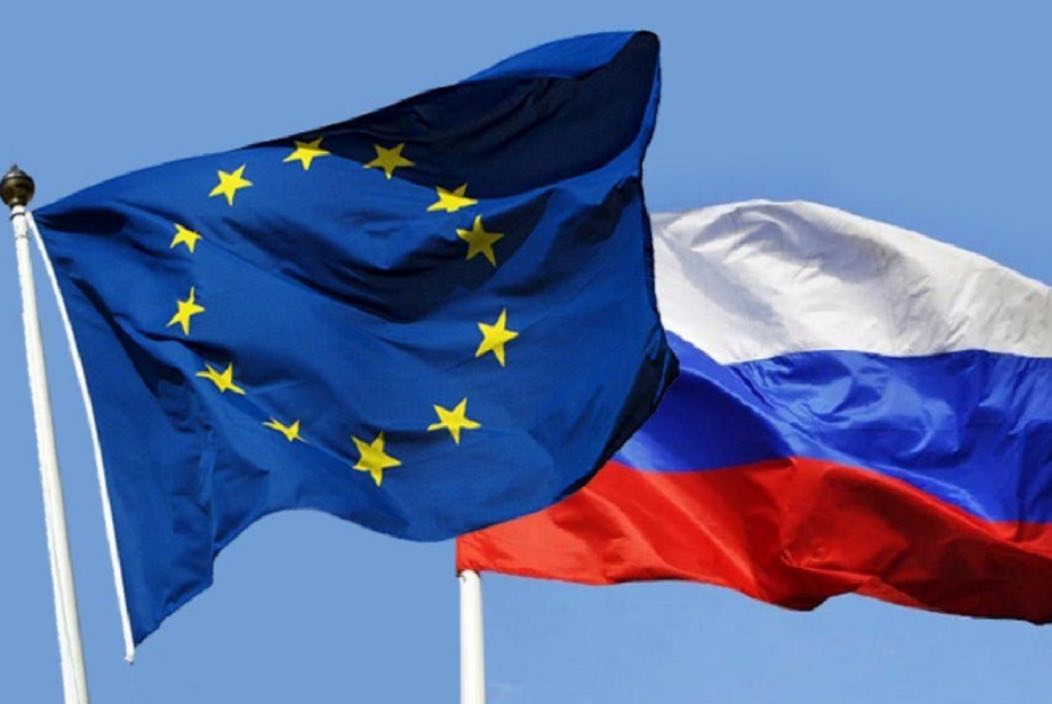What becomes of the Europe-Russia duality?
In today’s complex and crisis-ridden world, there are numerous small and large actors present.
The scope of action in today’s international relations is wide, with non-governmental, supra-governmental, national, continental, and global actors making their presence felt.
Where does the European Union, as a continental institution with global ambitions, stand in this context?
What role does it play in the Gaza and Lebanon crises? How effective is it in unifying European policies regarding Ukraine? What is the foreign policy agenda of the European Union? These questions are important because there is a significant gap between the EU’s claims and its actual influence, which in turn raises a broad and comprehensive question: how can the EU’s policy be evaluated overall? In response, it must be said that the EU’s foreign relations can be assessed through three phenomena and issues: institution-building, framework-building, and, of course, the deficit of global power.
Since the Lisbon Treaty in 2009, the European Union has undoubtedly managed to establish a bureaucratic and extensive structure in the realm of foreign relations. In fact, the EU has formed a kind of foreign ministry beyond Europe with an institution called the External Action Service.
The High Representative for Foreign Affairs acts like a foreign minister, and since 2013, with the launch of the External Action Service, the institution of the External Action Service has been expanding.
This institution-building has led to the establishment of the EU’s representative office and the appointment of its ambassadors to various countries and international organizations. However, this foreign policy bureaucracy, despite its comprehensive expansion and horizontal and vertical engagement in regional and international discussions, has faced the major challenge of consensus-building.
Foreign policy decisions must be made based on consensus within the European Union, but the diversity and differences among the 27 members make reaching consensus a difficult task.
Countries in the north, south, east, and west of Europe have different histories in terms of foreign relations, and this affects their current decision-making and, more importantly, their perceptions of international issues. Josep Borrell, whose term as the High Representative for Foreign Affairs is coming to an end and who is one of Spain’s most important former officials, has an interesting comparison regarding these differences in the introduction to the book on EU foreign policy.
He says that Polish colleagues and friends see the end of the Cold War and Poland’s liberation from the Soviet Union as owed to two actors: John Paul II, the then-leader of the world’s Catholics in the 1980s, and the United States. In the eyes of the Polish, 40 years of communist domination ended with these two actors.
Borrell says he tells them that these two actors mean something entirely different to the Spanish. The 40-year dictatorship of General Franco in Spain was due to the support of these same two actors: the United States and the Catholic Church were Franco’s supporters.
The comparison and contrast in the perception of the role of these two actors is significant and noteworthy. However, it should be noted that the European Union has managed to reach specific and unified frameworks in the realm of foreign relations. These frameworks are sometimes large, such as the Common Foreign and Security Policy document, and in smaller areas, they have reached unified frameworks on issues like relations with Canada. Documents related to neighborhood policy and providing a framework for the EU’s foreign behavior with various regions, such as relations with the African Union and ASEAN in East Asia, are among those that have been developed and approved by consensus and are pursued in practice. The number of these frameworks is considerable, to the extent that the EU can be regarded as a framework-building institution. In the real arena of international relations, the EU faces a power deficit as an actor.
The global power of the European Union is not like that of the United States. In fewer international phenomena and crises, at least in the past decade, has the EU been able to play a brilliant, independent, and significant role as a unified actor.
In this regard, attention must first be paid to the relationship between the European Union and the United States. This relationship is close and especially intertwined in terms of norms and values. However, the nature of the EU’s power, the nature of political developments within the United States, and the differences in international priorities and sensitivities of these two actors have prevented the EU from playing its desired role.
Especially when political fluctuations in America rise due to presidential elections, the pillars of the US-EU relationship are challenged, and perhaps, in a word, the EU’s independent power to act decreases.
Second is the complex relationship with China. In a broad perspective, the EU’s relationship with China is influenced by three conflicting perceptions and views of Beijing in Brussels: China as a partner, China as a competitor, and China as an adversary.
Whatever the case, China’s unified global power and coherent action challenge the EU in comparison. Third is the relationship with Russia.
Important and decisive turning points between the EU and Russia have passed, but in this relationship, the history, nature, and fate of the Ukraine crisis since 2022 have given the EU a different character.
The Ukraine crisis, on one hand, may be the most unifying element in the EU in recent years.
On the other hand, the EU is anxious, frustrated, and angry.
This war, the most significant battle on European soil since World War II, has exposed the EU’s power imbalance as an international actor and made it more dependent on the United States than ever before. Whatever the case, the EU, as an international actor in foreign relations, is an institution-builder, framework-builder, and, of course, accompanied by a power deficit.

